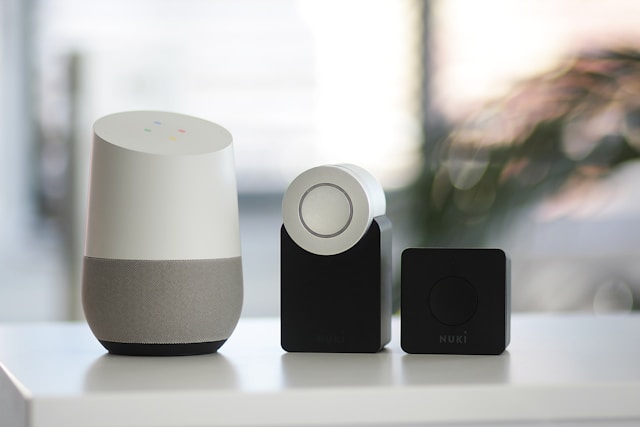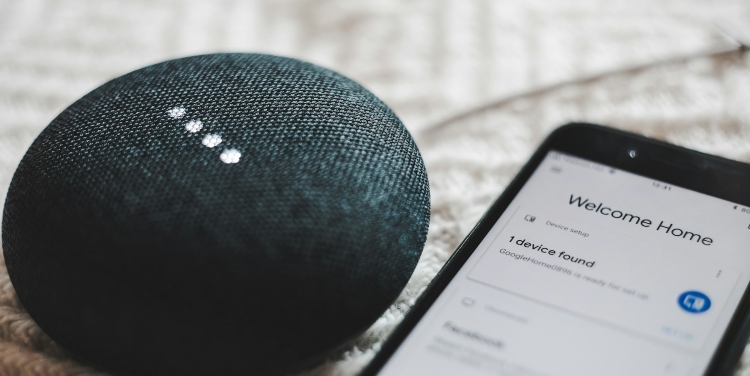If we travel back a decade, smart homes were a futuristic concept that many of us believed were many years away. Fast-forward to today and many of us live in these intelligent homes, where we can do things like control the lighting with voice commands, adjust the thermostat from an app on our phone while we’re still at work, monitor security cameras in real-time, and automate our daily tasks with AI-powered assistants.
Smart homes have changed how we interact with our environment, making our day-to-day lives much more efficient and, in many ways, more secure. Whether you’ve taken the plunge and converted your living space into a smart home or are thinking about doing so, there’s no denying that the future is now, not some far-off destination. In this article, we look at how smart homes are changing how we live.
Transforming Home Entertainment
After a long day, many of us look forward to relaxing on our sofas and enjoying a bit of entertainment. For some, that may mean playing online slots while others may sit back and watch their favorite TV shows. Whatever they choose, their smart home can make this experience even easier. Smart TVs come equipped with built-in AI that recommends personalized content based on a person’s viewing habits. There’s no need to use a remote to find a channel on the TV when its voice assistant can take you directly to where you want to go. Samsung’s newest TVs work together with other smart devices, acting as intelligent companions that make sure your entertainment devices work together smoothly.

Enhanced Convenience and Automation
Chances are you’ve heard of Amazon’s Alexa, Google’s Assistant, and Apple’s Siri; these smart assistants have become indispensable to the daily lives of millions around the world in recent years. In a smart home, these AI-powered devices make it possible for users to control things around their home with their voice. Whether they want to adjust the thermostat or start the coffee maker, they can do it just by speaking a few words.
For example, Amazon recently gave Alexa a complete makeover, outfitting it with advanced AI capabilities to make its interactions even more natural and improve its integration with compatible devices. If you have smart appliances, you know how nice it is to program your refrigerator, oven, and washing machine to operate at the best times, improving energy efficiency and making it easy to complete your daily chores.
Energy Efficiency and Cost Savings
One important side benefit of smart homes is the energy efficiency they offer, which reduces household costs. That smart thermostat you set to come on an hour before you get home learns your habits and adjusts your home’s heating and cooling systems accordingly. In that way, it optimizes energy usage without sacrificing comfort.
The same is true of light systems that use motion sensors to ensure lights only come on when you’re active in a certain area and smart plugs that allow you to remotely control your appliances without consuming unnecessary energy. Using these technologies can lead to significant savings on your energy bill. By some estimates, smart thermostats and lighting systems can reduce energy consumption by up to 20%.
Improved Home Security and Safety
We all want to feel secure in our homes and smart home technology can help us do that. Smart security systems like doorbell cameras, motion detectors, and smart locks make it easy for homeowners to monitor their property when they’re not at home and receive instant alerts about suspicious activity. Apple has developed a smart doorbell with facial recognition technology that allows for keyless entry, giving homeowners peace of mind whether they’re at home or hundreds of miles away.
David Prior
David Prior is the editor of Today News, responsible for the overall editorial strategy. He is an NCTJ-qualified journalist with over 20 years’ experience, and is also editor of the award-winning hyperlocal news title Altrincham Today. His LinkedIn profile is here.













































































